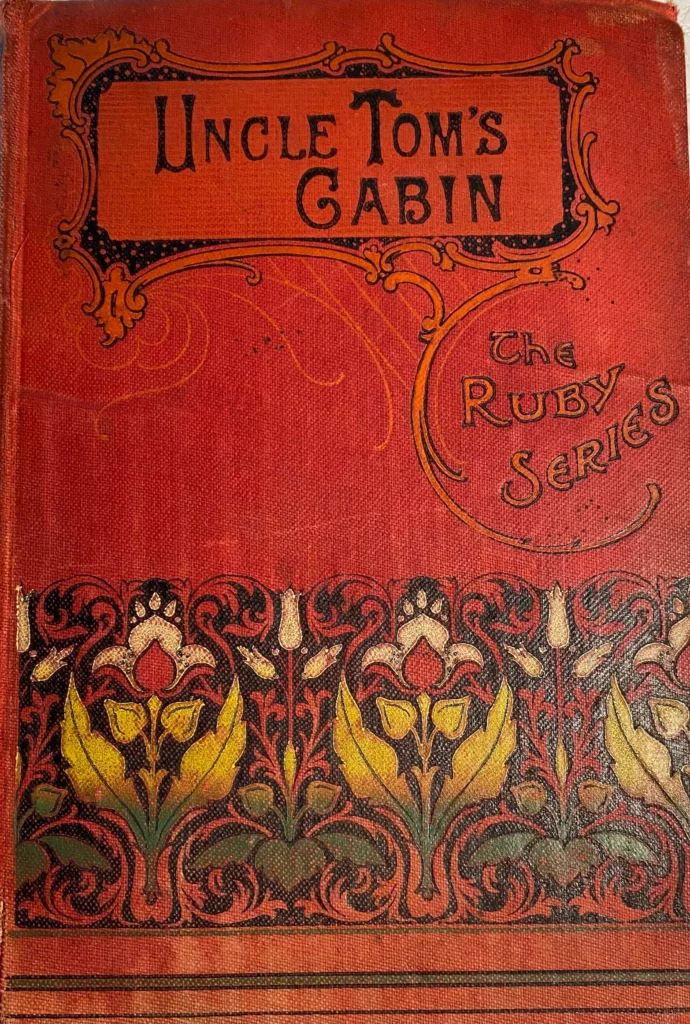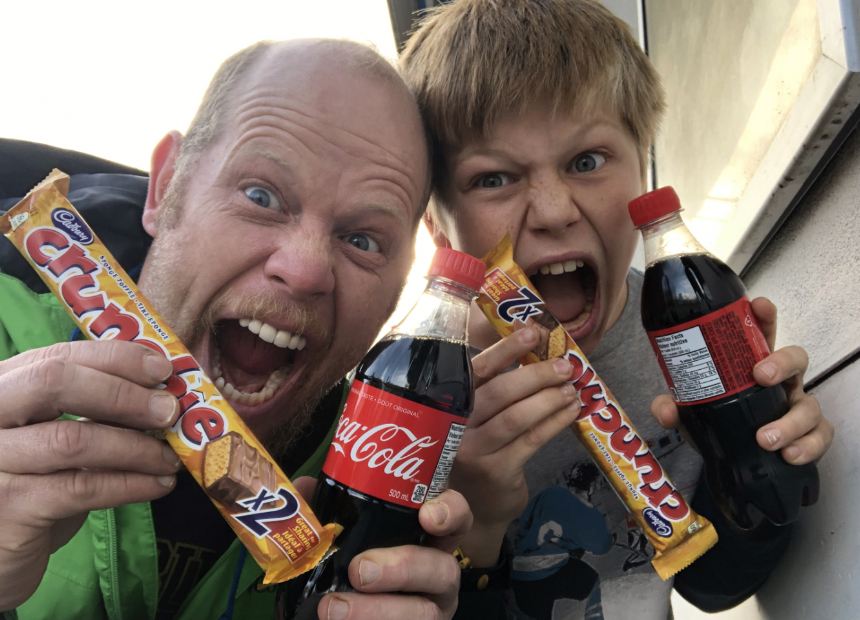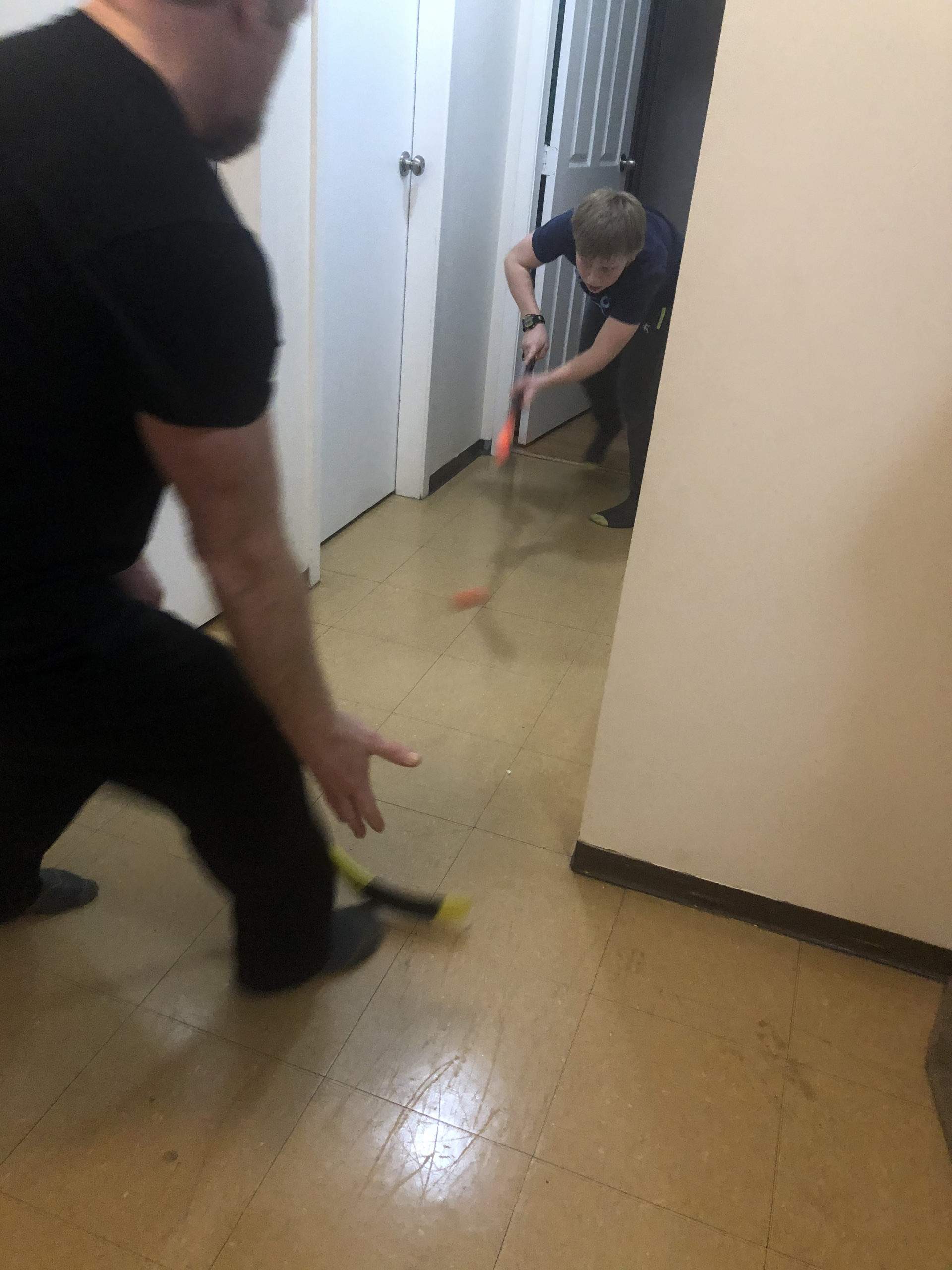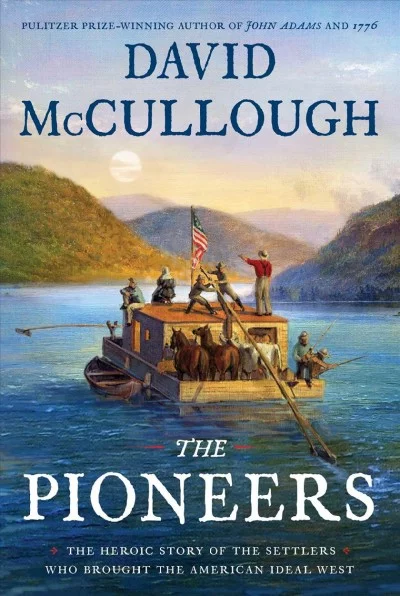It’s a terrible story, but that was the point. Harriet Beecher Stowe wanted to write something truly awful, so entirely revolting that it would jump off the page and cause the average American from the mid-19th century to stop and say, “What? Really? This isn’t right!”
Uncle Tom’s Cabin sold more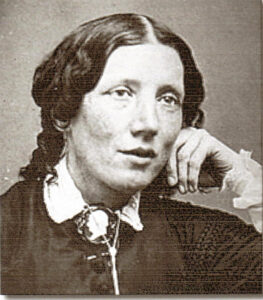 copies than any other book in the 19th century (not including the Bible). Millions of people sat up and took notice of the evils of slavery as a direct result of her work. It would have been nice to see words on a page that immediately destroyed white supremacist idealogy and brought true and lasting freedom to African Americans. Instead, it was just another step in a long process of change involving a civil war that claimed about a million lives, a hundred more years of struggle, and a civil rights movement. That said, without the influences of this book, it’s difficult to imagine forward progress of any kind.
copies than any other book in the 19th century (not including the Bible). Millions of people sat up and took notice of the evils of slavery as a direct result of her work. It would have been nice to see words on a page that immediately destroyed white supremacist idealogy and brought true and lasting freedom to African Americans. Instead, it was just another step in a long process of change involving a civil war that claimed about a million lives, a hundred more years of struggle, and a civil rights movement. That said, without the influences of this book, it’s difficult to imagine forward progress of any kind.
Points that struck home:
- The family unit was not protected under slavery. A dozen times or more in this book, we are forced to feel the shock, horror, loss, and brain-numbing trauma of families torn to pieces and sold off in all different directions, never to see each other again. Adding to our unease, Stowe pushes in our faces the callous disregard for the plight of the powerless expressed by slave owners and traders. For example:
“Mammy is the best I ever knew,” said Marie, “and yet Mammy, now, is selfish—dreadfully selfish; it’s the fault of the whole race….she’s smooth and respectful, but she’s selfish at heart. Now, she never will be done fidgeting and worrying about that husband of hers. You see, when I was married and came to live here, of course, I had to bring her with me, and her husband my father couldn’t spare. He was a blacksmith, and, of course, very necessary; and I thought and said, at the time, that Mammy and he had better give each other up, as it wasn’t likely to be convenient for them ever to live together again. I wish, now, I’d insisted on it, and married Mammy to somebody else; but I was foolish and indulgent, and didn’t want to insist. I told Mammy, at the time, that she mustn’t ever expect to see him more than once or twice in her life again, for the air of father’s place doesn’t agree with my health, and I can’t go there; and I advised her to take up with somebody else; but no—she wouldn’t. Mammy has a kind of obstinacy about her, in spots, that everybody don’t see as I do.”
“Has she children?” said Miss Ophelia.
“Yes; she has two.” “I suppose she feels the separation from them?”
“Well, of course, I couldn’t bring them. They were little dirty things—I couldn’t have them about; and, besides, they took up too much of her time; but I believe that Mammy has always kept up a sort of sulkiness about this. She won’t marry anybody else; and I do believe, now, though she knows how necessary she is to me, and how feeble my health is, she would go back to her husband tomorrow, if she only could. I do, indeed,” said Marie; “they are just so selfish, now, the best of them.”
Marie is a self-absorbed, disgusting human who is not able to comprehend that black people are humans like herself. “That race is so degraded.” She sighs.
- Establishing Guilt For All. There are cruel slave owners in this story, like the selfish Marie and Lagree, who beats Tom to death, but Stowe is chasing down the guilt of everyone in the country. Nice slave owners, politicians who are trying to gauge Southern interests, and even abolitionist Northerners who aren’t willing to welcome African Americans into their neighbourhoods are guilty. The point is clear: you don’t have to be a dirtball slave trader to be complicit in this great national sin; you just have to do nothing about it.
- Quakers and Peace Lovers — The most courageous are the ones who are the least violent; at least, this is how the story goes. The network of Quakers who run the Underground Railroad happily risk their lives to liberate slaves but won’t ever lift a finger to strike the bounty hunters who come looking for the runaways. In one scene, a bounty hunter gets shot, and instead of leaving him to die, they take him and nurse him back to life. Uncle Tom willingly takes beatings because he won’t whip a slave woman at the behest of his owner. Uncle Tom remains subservient through his entire tragic life, caring only for others and obeying God’s command to love all people, even one’s enemies. This is hard to accept. Stowe knows this, so occasionally, she inserts characters who, while sympathetic for peaceful ways, aren’t quite completely on the same page. There is the fella who married into the Quaker community but still hasn’t forgotten his wild frontier days and is willing to use “skills” long since abandoned by Quakers to bring about justice. And then there is George, who fails in his attempt to rescue Tom, but after he takes in the horrors of what all happened, he can’t help himself but knock the wicked Lagree out cold with an overhand right. For me, this was not even close to enough of a penalty for this murderous wretch, but it was at least something. Is it possible to love an enemy by beating the socks off him? There has to be a way!
A bigger question for another blog is, what is to be done when the law doesn’t protect vulnerable and powerless people? In Stowe’s book, all the characters wrestle with this.
